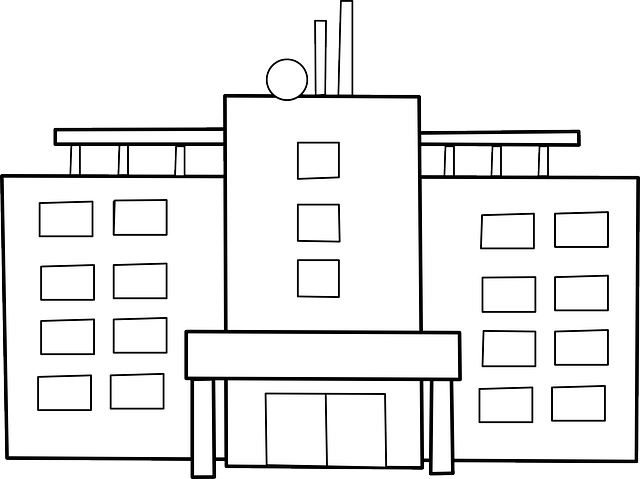Regenerative imaging leverages advanced imaging technology and non-invasive diagnostics to revolutionize the field of regenerative medicine. By providing precision imaging capabilities, these tools enable healthcare providers to track stem cells, observe angiogenesis, and assess collagen remodeling in real-time. Comprehensive imaging solutions enhance diagnostic accuracy, facilitate personalized treatment plans, and improve patient outcomes by early detection of abnormalities and monitoring treatment progress. Medical imaging tools like MRI, CT, and molecular imaging are transforming regenerative diagnostic services, making them invaluable for both research and routine care.
“Revolutionizing regenerative health with comprehensive imaging solutions: Unlocking the Potential of Advanced Technology
The field of regenerative medicine is rapidly evolving, and so are its imaging needs. This article delves into the transformative role of advanced imaging technology in enhancing regenerative healthcare. We explore the unique requirements of regenerative imaging, focusing on non-invasive diagnostics and precision imaging techniques. By examining current practices and future trends, we uncover how medical imaging tools can optimize treatment planning and shape the future of regenerative diagnostic services.”
- Understanding Regenerative Health and Its Imaging Needs
- The Role of Advanced Imaging Technology in Regenerative Medicine
- Non-Invasive Diagnostics: Unlocking the Potential of Precision Imaging
- Enhancing Regenerative Treatment Planning with Comprehensive Imaging Solutions
- The Future of Medical Imaging Tools in Regenerative Diagnostic Services
Understanding Regenerative Health and Its Imaging Needs
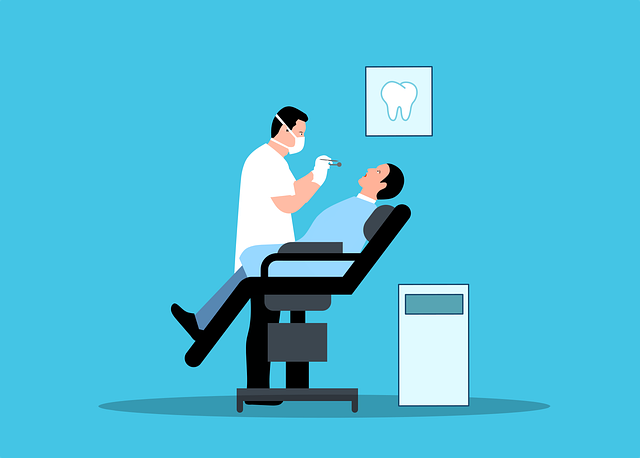
Regenerative health represents a revolutionary approach to medicine, focusing on restoring and regenerating damaged tissues and organs rather than simply treating symptoms. This field relies heavily on advanced imaging technology as a crucial diagnostic tool in regenerative medicine. By providing detailed, non-invasive insights into the body’s intricate structures and processes, these technologies are essential for guiding and optimizing regenerative treatments.
Precision imaging is key to ensuring effective and safe regenerative therapies. Advanced medical imaging tools enable healthcare professionals to visualize not only structural changes but also the dynamic processes involved in tissue regeneration. This includes the tracking of stem cell populations, understanding of angiogenesis (blood vessel formation), and assessment of collagen remodeling—all vital aspects for successful regenerative diagnostic services.
The Role of Advanced Imaging Technology in Regenerative Medicine
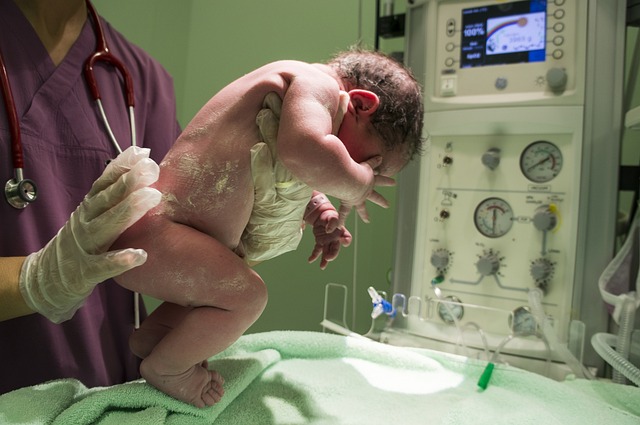
The Role of Advanced Imaging Technology in Regenerative Medicine
In the realm of regenerative health, advanced imaging technology is playing a pivotal role, transforming the way medical professionals diagnose and treat various conditions. As regenerative medicine seeks to restore and regenerate damaged tissues and organs, precise and non-invasive diagnostic tools are essential. Innovative imaging solutions, such as magnetic resonance imaging (MRI), computed tomography (CT), and ultrasound, offer high-resolution visuals of internal structures, enabling doctors to accurately assess tissue health and identify areas in need of regeneration.
These diagnostic tools in regenerative medicine go beyond traditional methods, facilitating precision imaging techniques that enhance the effectiveness of treatments. Advanced imaging technology allows for real-time monitoring of regenerative processes, tracking cell migration, and evaluating tissue repair. This not only optimizes treatment plans but also opens doors to personalized medicine, where imaging data is utilized to tailor interventions for individual patients. With its ability to provide detailed insights into the body’s intricate processes, advanced imaging is truly revolutionizing the landscape of regenerative diagnostic services and paving the way for more successful regenerative treatments.
Non-Invasive Diagnostics: Unlocking the Potential of Precision Imaging

In the realm of regenerative health, Non-Invasive Diagnostics powered by advanced imaging technology are revolutionizing how we approach treatment and care. These diagnostic tools in regenerative medicine offer unprecedented precision, enabling healthcare professionals to unlock the full potential of regenerative imaging. By employing cutting-edge medical imaging tools, such as high-resolution MRI or specialized ultrasound, practitioners can now visualize and assess tissues at a cellular level without subjecting patients to invasive procedures.
This shift towards non-invasive diagnostics is transformative in several ways. It enhances the accuracy of diagnosis, enabling earlier detection of abnormalities that may hinder regenerative processes. Moreover, it minimizes patient risk and discomfort, making these diagnostic services an attractive option for both clinical research and routine care. Advanced imaging technology also facilitates personalized treatment plans by providing detailed insights into the unique biological landscapes of each patient, ultimately improving outcomes in regenerative medicine.
Enhancing Regenerative Treatment Planning with Comprehensive Imaging Solutions
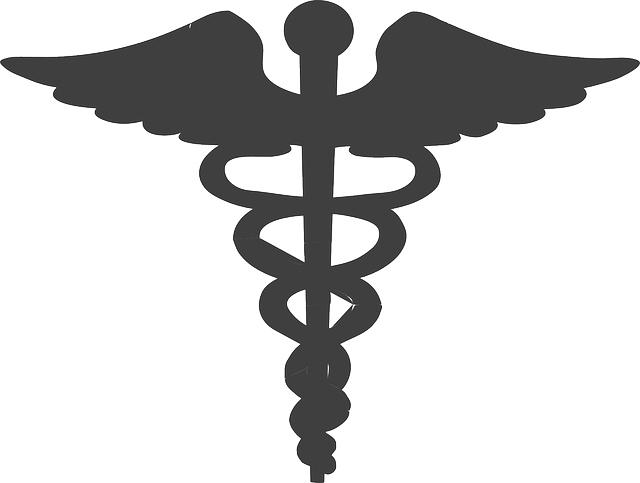
In the realm of regenerative health, where precision and effectiveness are paramount, comprehensive imaging solutions play a pivotal role in enhancing treatment outcomes. Advanced imaging technology offers much more than traditional diagnostic tools in regenerative medicine. It enables healthcare professionals to peer beneath the surface, gaining invaluable insights into tissue structures, cell behavior, and vascular networks. This level of detail is crucial for tailoring regenerative treatments with meticulous accuracy, ensuring that each intervention is as effective as possible.
Non-invasive diagnostics, facilitated by innovative medical imaging tools, are transforming the way regenerative diagnostic services are delivered. Precision imaging allows for early detection of abnormalities, monitoring treatment progress, and identifying potential complications before they become critical. By integrating these technologies into regenerative treatment planning, healthcare providers can offer personalized care plans, improve patient outcomes, and ultimately revolutionize the field of regenerative medicine.
The Future of Medical Imaging Tools in Regenerative Diagnostic Services
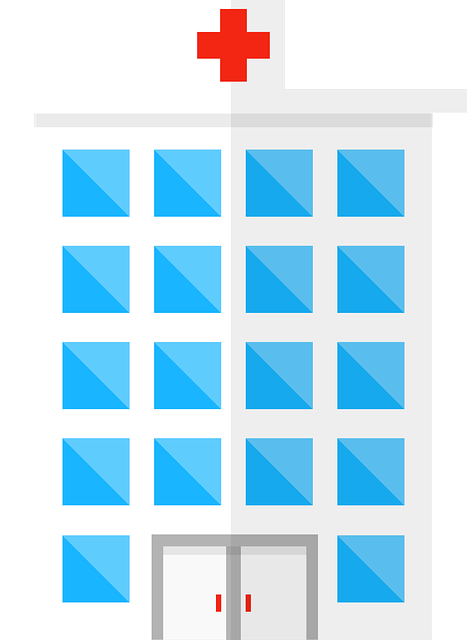
The future of medical imaging lies in its ability to revolutionize regenerative diagnostic services. Advanced imaging technology offers a glimpse into a new era where non-invasive diagnostics play a pivotal role in personalized healthcare. By harnessing precision imaging techniques, healthcare professionals can now visualize and assess the intricate processes involved in tissue regeneration with unprecedented detail. This shift towards more comprehensive and precise imaging solutions enables doctors to make informed decisions regarding regenerative treatments, ultimately improving patient outcomes.
In this evolving landscape, medical imaging tools are transforming from conventional methods to cutting-edge innovations. The integration of advanced technologies like magnetic resonance imaging (MRI), computed tomography (CT), and molecular imaging promises a future where diagnostic accuracy is enhanced, enabling early detection and monitoring of regenerative processes. These tools allow for the assessment of tissue microstructure, cellular interactions, and metabolic activities, providing valuable insights into the complex world of regenerative medicine.
Comprehensive imaging solutions are revolutionizing regenerative health by providing advanced diagnostic tools and precise imaging for regenerative treatments. Non-invasive diagnostics, enabled by innovative technologies, unlock the potential of personalized care, enhancing patient outcomes in the ever-evolving landscape of regenerative medicine. As research progresses, these imaging advancements will continue to shape the future of regenerative diagnostic services, ensuring more effective and efficient treatment planning.
